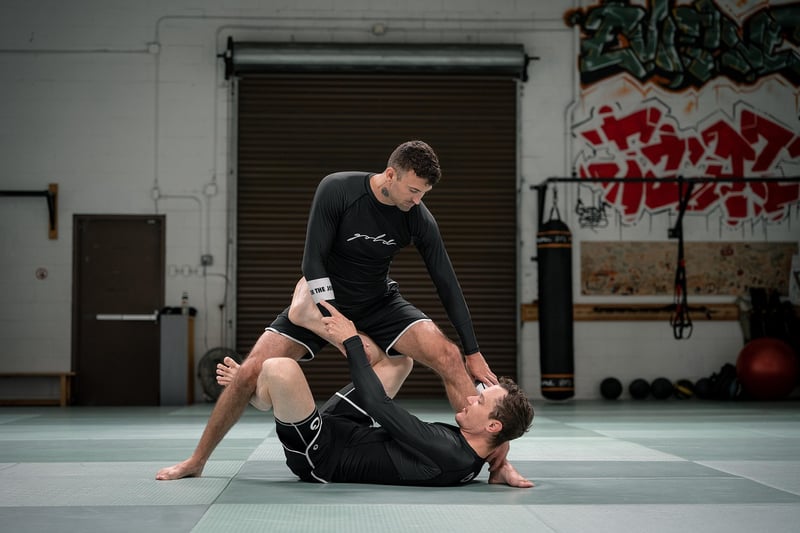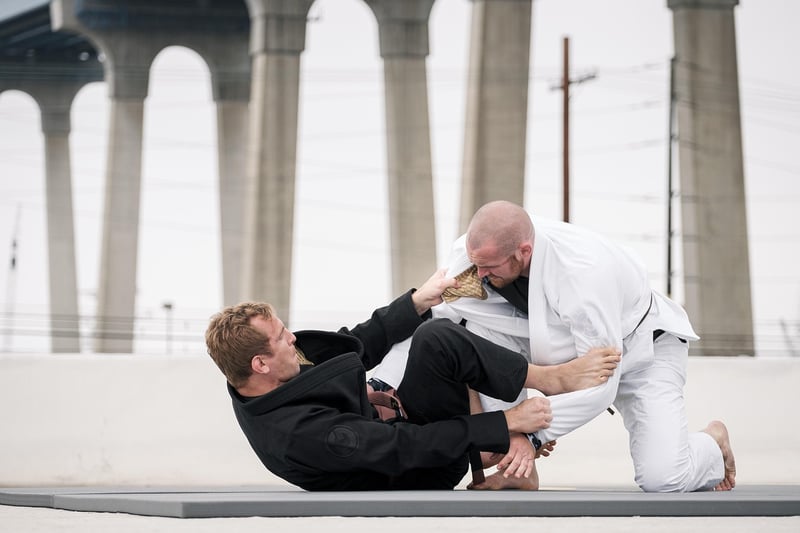Jiu-Jitsu
Discipline and Self-Defense Techniques with Jiu-Jitsu
Self-defense is a crucial skill that everyone should possess. It not only empowers individuals to protect themselves in dangerous situations but also instills discipline and confidence. One effective martial art that encompasses both self-defense and discipline is Jiu-Jitsu.
What is Jiu-Jitsu?
Jiu-Jitsu, also known as Brazilian Jiu-Jitsu (BJJ), is a martial art and combat sport that focuses on grappling and ground fighting. It emphasizes leverage, technique, and submissions to control opponents, making it an ideal self-defense system for individuals of all ages and sizes.
Benefits of Learning Jiu-Jitsu
- Self-Defense: Jiu-Jitsu equips practitioners with the skills to defend themselves in real-life situations, teaching them how to neutralize threats and stay safe.
- Discipline: Training in Jiu-Jitsu requires dedication, focus, and perseverance, instilling discipline that carries over into all aspects of life.
- Physical Fitness: Practicing Jiu-Jitsu improves cardiovascular health, strength, flexibility, and endurance, promoting overall fitness.
- Confidence: Mastering Jiu-Jitsu techniques and overcoming challenges boosts self-confidence and self-esteem.
Key Self-Defense Techniques in Jiu-Jitsu
Jiu-Jitsu emphasizes techniques that allow a smaller, weaker individual to defend against a larger, stronger opponent. Some key self-defense techniques include:
- Guard Pull: Pulling guard allows a practitioner to control the distance and position of the fight, setting up various submission opportunities.
- Mount and Back Control: Achieving mount or back control positions gives the practitioner significant control over the opponent, making it easier to execute submissions.
- Joint Locks and Chokes: Jiu-Jitsu utilizes joint locks and chokes to immobilize and incapacitate opponents without causing serious injury.
- Escapes: Learning how to escape from disadvantageous positions is crucial in self-defense situations, enabling practitioners to regain control and neutralize threats.
Training in Jiu-Jitsu
Training in Jiu-Jitsu typically involves practicing techniques with partners in a controlled environment, gradually increasing intensity as skills improve. Sparring, known as rolling, allows practitioners to apply techniques against resisting opponents.
If you are interested in learning Jiu-Jitsu for self-defense and personal development, look for reputable academies or dojos in your area. Experienced instructors can guide you through proper technique, mindset, and principles of Jiu-Jitsu.

Start your journey in Jiu-Jitsu today and experience the transformation it can bring to your life - from self-defense skills to improved discipline and confidence!
